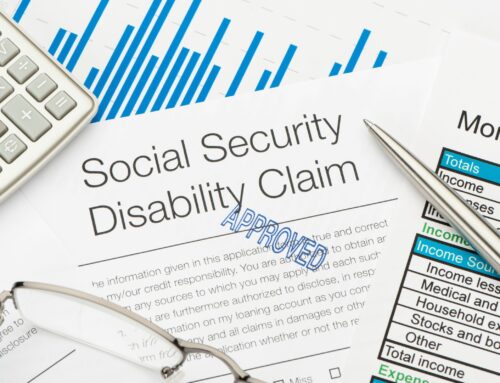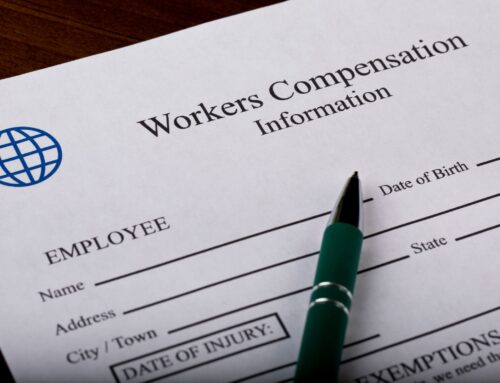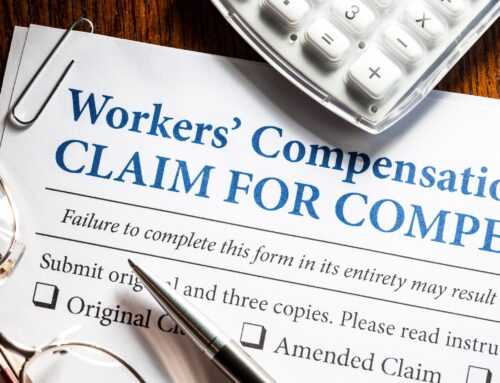When it comes to filing for workers’ compensation, misinformation is everywhere. From internet forums to well-meaning coworkers, it’s easy to hear the wrong advice and believe it’s true. These workers’ comp myths can lead injured employees to avoid filing a claim, miss deadlines, or fail to get the medical care they need. Understanding the truth behind these workers’ compensation misconceptions is crucial for protecting your rights.
Whether you’re dealing with an injury now or just want to be informed, knowing the NJ workers’ comp facts can make a major difference. Below, we break down the most common workers’ comp misunderstandings and clarify how the law really works in New Jersey.
Top Workers’ Compensation Myths vs. Facts
Myth 1: You can’t get workers’ comp if the injury was your fault.
Fact: Workers’ compensation is a no-fault system. Even if you made a mistake that led to the injury, you’re still likely eligible for benefits as long as the injury occurred during the course of your work.
Myth 2: Only full-time employees are eligible for workers’ comp.
Fact: Part-time and seasonal workers are often covered under New Jersey’s workers’ compensation laws. The key factor is whether you’re classified as an employee, not how many hours you work.
Myth 3: You can’t choose your own doctor.
Fact: In New Jersey, your employer or their insurance provider has the right to choose your treating physician. However, if you’re unsatisfied or need a second opinion, there are legal steps you can take to request a change.
Myth 4: Filing a workers’ comp claim will get you fired.
Fact: Retaliation for filing a workers’ comp claim is illegal in New Jersey. If you’re fired for seeking benefits, you may have grounds for a separate legal claim.
Myth 5: You must be injured at the job site to qualify.
Fact: Injuries don’t have to occur at your regular workplace. As long as you were performing a work-related task—like making deliveries or attending a meeting offsite—you may still be covered.
Myth 6: You don’t need to report your injury right away.
Fact: Timely reporting is essential. Waiting too long to notify your employer can jeopardize your eligibility for benefits.
Legal Perspective: What NJ Law Actually Says
New Jersey’s workers’ compensation system is designed to protect employees who are injured while performing their job duties. But relying on hearsay instead of verified information can lead to missed benefits and denied claims. Here are a few important workers’ rights New Jersey employees should know:
- Employees are entitled to medical care, temporary wage replacement, and potentially permanent disability benefits.
- Filing a claim should not affect your employment status or lead to retaliation.
- Employers are legally required to carry workers’ comp insurance and provide information on how to file a claim.
- Legal assistance is available if a claim is denied or disputed.
By understanding your rights and the real rules around workers’ compensation, you can protect yourself from misinformation and avoid making costly mistakes.
Conclusion
The truth is, there are many workers’ compensation misconceptions that can stand in the way of receiving benefits you may be legally entitled to. Don’t let workers’ comp myths prevent you from taking action after a workplace injury. Knowing the NJ workers’ comp facts can empower you to make informed decisions and safeguard your financial and physical well-being.
If you’re unsure about your eligibility, claim status, or just want to clarify your options, it’s always best to consult a workers’ compensation attorney. They can ensure your rights under workers’ rights New Jersey law are fully protected and guide you through every step of the process.






